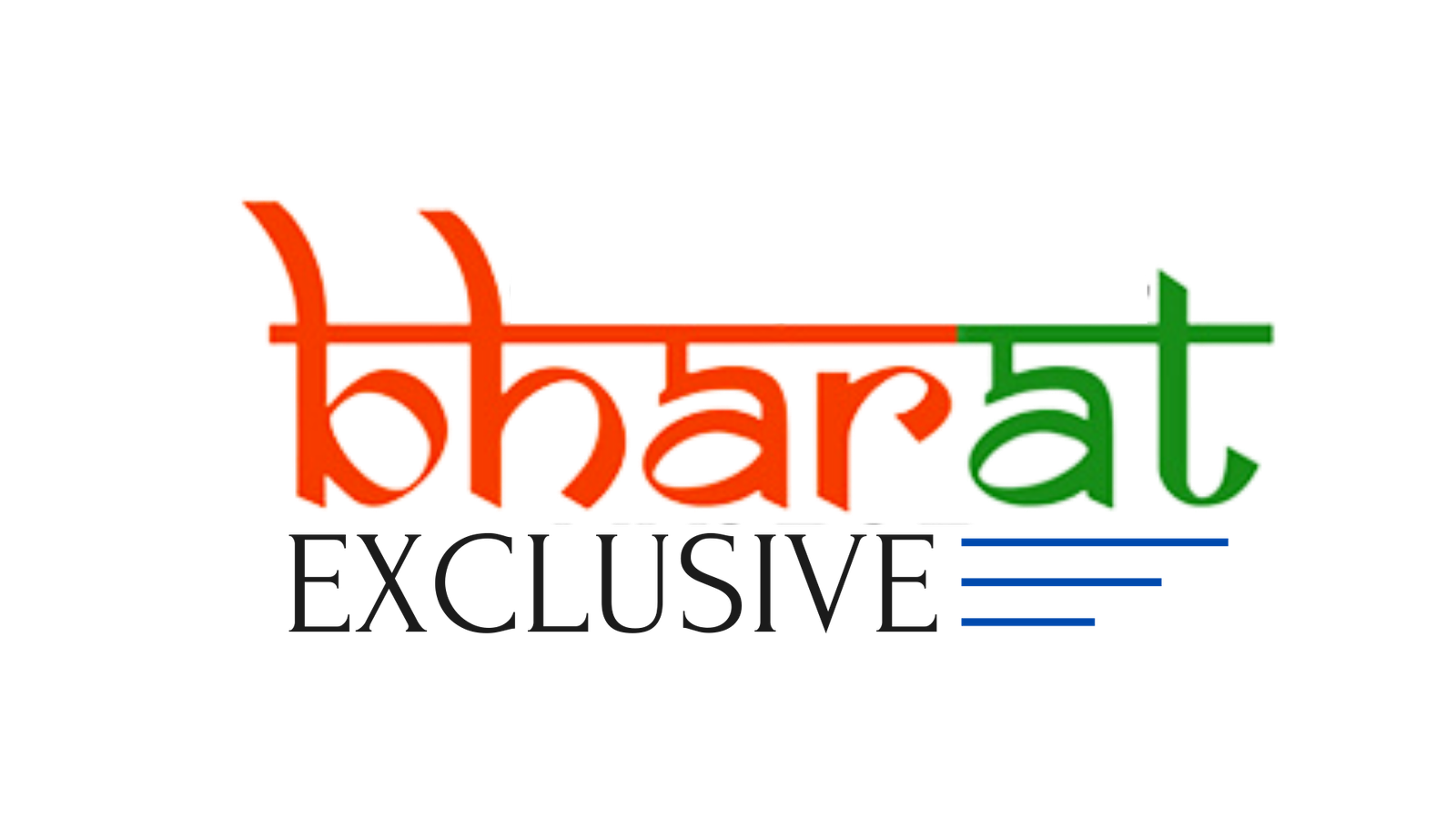
The Supreme Court’s five-judge Constitution bench announced on Tuesday that the hearing of a batch of petitions challenging the abrogation of Article 370 in Jammu and Kashmir will begin on August 2. The court stated that the proceedings will take place on a day-to-day basis, except on miscellaneous days.
“The hearing of the petitions shall commence on 2 August at 10.30 am and shall thereafter continue on a day-to-day except miscellaneous days,” the apex court stated.
Meanwhile, Shah Faesal and Shehla Rashid, who had filed petitions challenging the abrogation of Article 370, have withdrawn their pleas. The reasons behind their withdrawal have not been disclosed at this time.
In a sharp remark criticizing the Centre’s affidavit, the Supreme Court noted that the government’s submission has no bearing on the constitutional question at hand. The court further asserted that they have not yet received a copy of the Union’s affidavit.
The Centre had filed an affidavit a day prior to the Supreme Court hearing, justifying its decision to revoke Article 370 in Jammu and Kashmir in 2019. The affidavit outlined the “unprecedented stability and progress” brought about by the decision in the region. The Centre countered the petitions challenging the abrogation by stating that incidents of stone-pelting, which reached a peak of 1,767 in 2018, have completely ceased in 2023.
In the comprehensive 20-page affidavit, the Centre highlighted various measures implemented to promote peace and progress in the region, asserting that the “historic step has brought stability, peace, development, and security in the region.”
The affidavit further emphasized that the abrogation of Article 370 has effectively dismantled the terrorist ecosystem, leading to a significant decline in terrorist recruitment. It also highlighted the growth, development, and progress in all spheres of life in Jammu and Kashmir and reiterated that all residents of the region are now enjoying the rights available to citizens in other parts of the country.
With the Article 370 issue returning to the Supreme Court after three years, the petitions challenge a Presidential Order issued on August 5, 2019, which resulted in the abrogation of Article 370. The order led to the division of the state into the Union Territories of Jammu and Kashmir and Ladakh.
The petitions represent a diverse group of individuals, including lawyers, activists, politicians, and retired civil servants. The list of petitioners includes prominent figures such as advocates ML Sharma and Shakir Shabir, Lok Sabha MPs Mohammad Akbar Lone and Justice (Retd) Hasnain Masoodi from the National Conference, and Shehla Rashid.
As the Supreme Court prepares to hear the pleas challenging the abrogation of Article 370, the proceedings are expected to have significant implications for the constitutional and political landscape of Jammu and Kashmir.
Sources By Agencies


